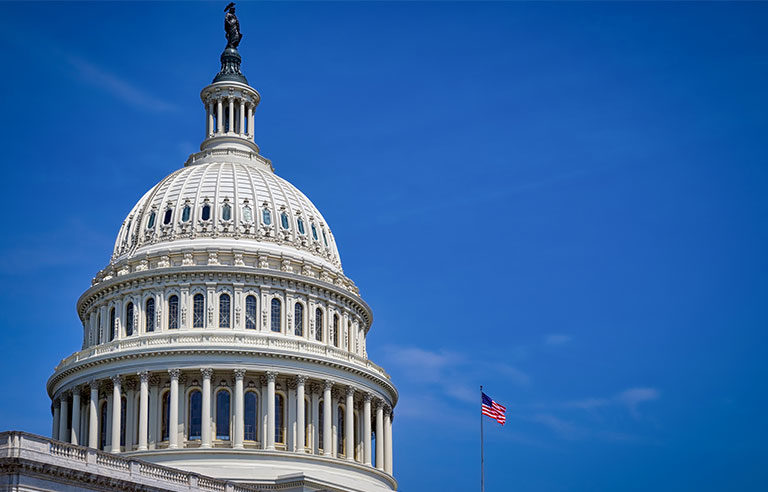House bill aimed at strengthening worker protections

Photo: Bill Chizek/iStockphoto
Washington — Legislation recently introduced by House Democrats would increase fines for workplace safety and child labor violations.
Under the Labor Enforcement to Securely (LET’S) Protect Workers Act (H.R. 9137), sponsored by Rep. Bobby Scott (D-VA), OSHA fines would increase to a maximum of $80,000 for serious violations. The current maximum fine for such violations is $16,131.
For willful or repeat violations, the maximum penalty would increase to $800,000 from $161,323, and the minimum willful penalty would increase to $60,000 from $11,524.
In addition, the legislation would permit the use of monetary penalties collected for mine safety violations to help fund black lung benefits. It also would provide “the option to shut down scofflaw operators,” according to a July 26 press release.
Other provisions would:
- Close a loophole that allows employers to escape penalties for failing to keep records of workplace injuries if OSHA doesn’t detect the violation within six months.
- Provide new penalties for retaliation against workers who exercise their family and medical leave rights.
- Enhance enforcement of mental health parity requirements for employer-sponsored health plans.
The bill would also increase monetary penalties for violations of minimum wage and overtime rules and farmworker protection standards.
“Every American should be fairly compensated and be able to return home safely at the end of the day,” Scott, ranking member of the House Education and the Workforce Committee, said in the release. “Unfortunately, shortcomings in our labor laws enable unethical employers to exploit workers, endanger children and suppress the right to organize – with little accountability.”
The bill has been referred to three House committees: Education and the Workforce, Oversight and Accountability, and House Administration.
Correction: Some penalty amounts listed in the original article were incorrect. Those have been updated. We regret the error. Thank you to the eagle-eyed readers who pointed it out.
Post a comment to this article
Safety+Health welcomes comments that promote respectful dialogue. Please stay on topic. Comments that contain personal attacks, profanity or abusive language – or those aggressively promoting products or services – will be removed. We reserve the right to determine which comments violate our comment policy. (Anonymous comments are welcome; merely skip the “name” field in the comment box. An email address is required but will not be included with your comment.)

